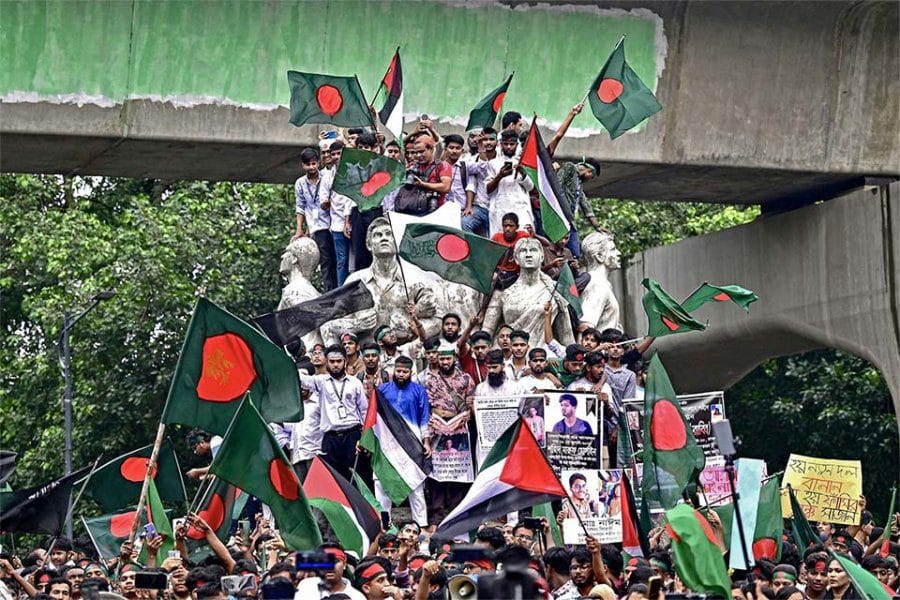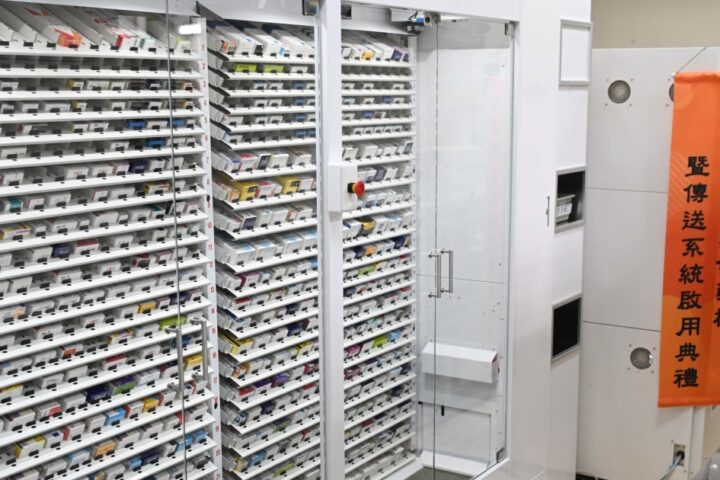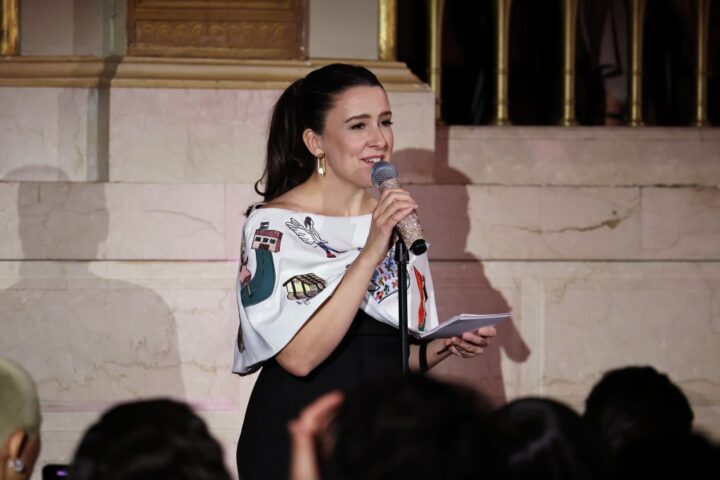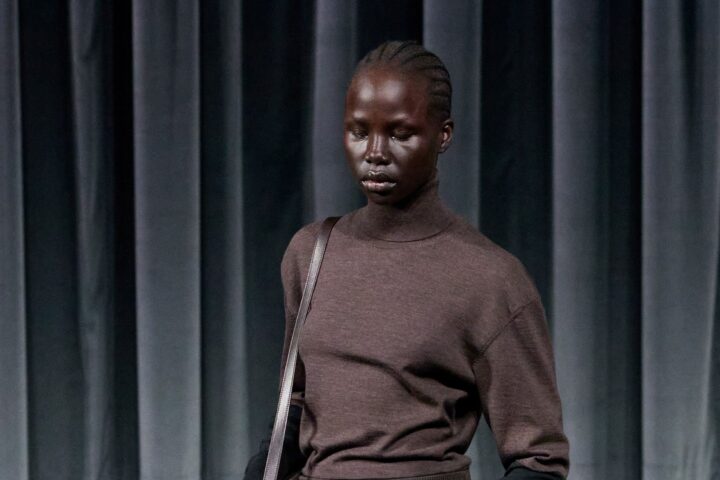December 23, 2024
Dhaka – Bangladesh being named The Economist Country of the Year 2024 is a huge achievement for the country and one that all Bangladeshis can be proud of. Every December, The Economist bestows this title on countries that have made significant progress over the past year. This year, Bangladesh received the prestigious honor for “toppling a dictator and taking strides toward freer government.” This recognition is particularly meaningful in a country that has recently undergone a major political transformation, overthrowing 15 years of extremely corrupt and authoritarian regimes through student-led popular uprisings.
The report highlights the remarkable journey the people of Bangladesh have made in overcoming political repression and paving the way for a brighter, more democratic future. As Hasina's regime becomes increasingly repressive – marked by rigged elections, jailing of opponents and violent suppression of dissent – people have united and taken to the streets to assert their rights. During the July uprising that ultimately led to the overthrow of Sheikh Hasina, hundreds of people were shot dead by the regime and some 20,000 were injured. The heavy price paid for overthrowing a dictatorship is a rare and profound example of resilience in modern history—although Bangladeshis are no stranger to such resilience in the face of oppression.
While the political transition has inspired national and global optimism and demonstrated the resilience and determination of the Bangladeshi people, the country now faces significant economic challenges. Rebuilding the country requires addressing the economic consequences of the previous regime. During Sheikh Hasina's 15-year rule, trumpeted claims of dramatic economic growth were later revealed to be mostly illusory. An estimated $234 billion was transferred out of the country between 2009 and 2023, according to a government-commissioned white paper. However, with unity, these challenges can be overcome.
The interim government, led by Professor Muhammad Yunus, has made rebuilding trust and stability a top priority. Its measures include economic and other reforms, restoring public order, and addressing social grievances. Despite the challenges, progress to date is encouraging. Going forward, Bangladesh must establish positive and mutually beneficial relationships with other countries, ensure judicial neutrality, and organize free and fair national elections. These steps are crucial to solidifying the country's progress toward a more liberal democracy.
This is also the time for Bangladesh to right the wrongs of the past and start over – building a nation based on equity, justice, rule of law and human rights. We hope that the international community will continue to recognize our achievements and support Bangladesh in its efforts to realize the democratic aspirations of its people.

















